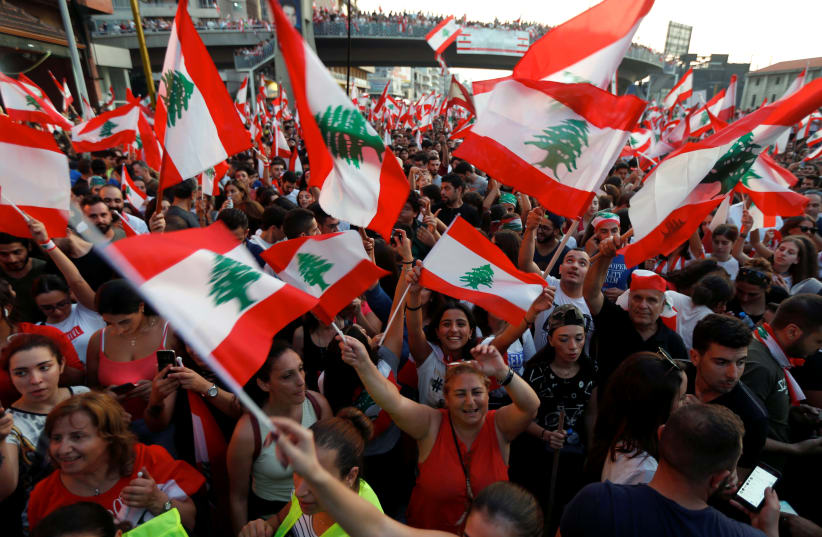Hezbollah to speak on Lebanon crisis, S&P says saver confidence tested
The leader of the powerful Shi'ite group Hezbollah, an influential player in Prime Minister Saad al-Hariri's coalition government, is due to address the crisis in a speech later on Friday.
